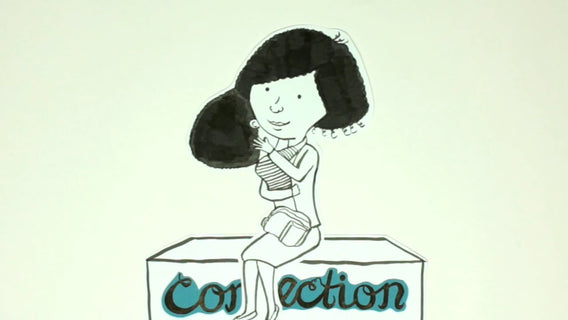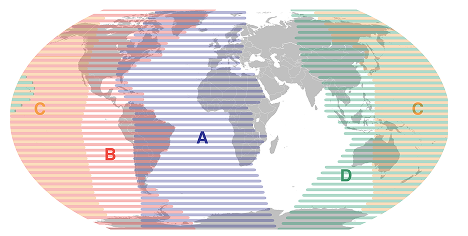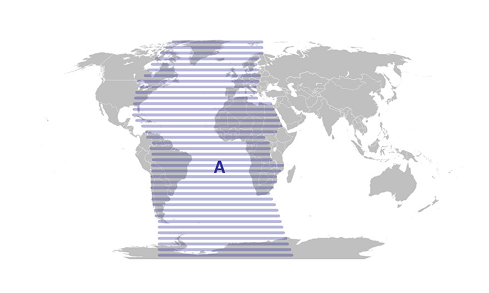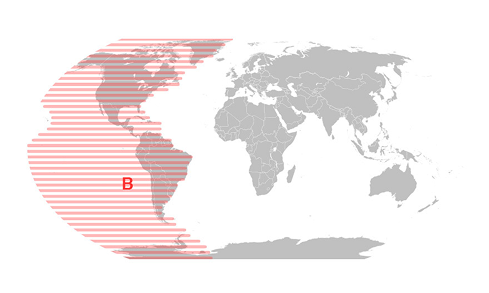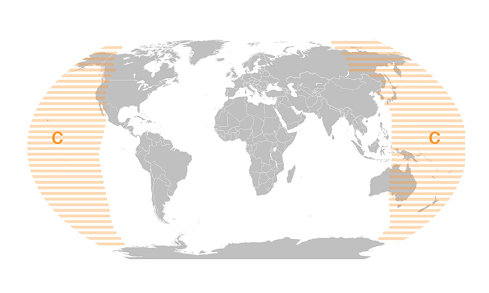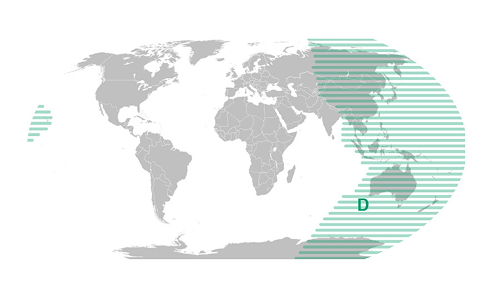
Designed for Caregivers
The Circle of Security-Parenting™ Program is used around the world with caregivers and we get a lot of inquiries about applying the model with other important relationships. In fact, the program works equally well for increasing awareness of attachment with grandparents, extended family members, foster parents, nannies, and other early care professionals.
Learning to apply the Circle to children in their care will help caregivers shift the focus away from trying to change undesirable behaviors with rewards and punishment to seeing behavior as communication of a need on the Circle and changing the behavior by meeting the need. Soon enough, caregivers will be able to explore new ways to respond sensitively to children’s cues and even gain insight regarding ways to manage their own struggles around certain attachment needs. In sum, the COSP™ program offers caregivers new ways to understand the children in their care and new ways to understand how to meet those children’s attachment needs which, in turn, leads to carers with a more confident presence and children who are more cooperative and compliant.
Are Carers Attachment Figures?
Children’s attachment systems are always “on.” This means that any caregiver who has a sustained, committed relationship with a child can become an attachment figure. To be a secure base/safe haven for a child, the caregiver must be Bigger, Stronger, Wiser, and Kind. In addition, Mary Dozier also notes that children must feel the caregiver knows, accepts, and is committed to them.* It isn’t how much time a carer has with a child that determines whether the child becomes attached, it is the caregiver’s commitment and their capacity to meet the child’s emotional needs that spur attachment.
To be clear, a relationship with a caregiver does not replace the important relationship with a primary caregiver. A child first learns how to self-regulate through repeated predictable and consistent experiences of co-regulation, which COS calls Being With, with a primary caregiver, usually a parent. The primary caregiver’s capacity to be with the child provides the foundation for the child’s early emotional and social development. These early experiences become the template the child uses to make sense of other important relationships. But children can and do attach to a select group of committed caregivers (e.g., grandparents, step-parents, foster parents, childcare providers, etc). In a sense, the fact that children can attach to other caregivers is a protective factor; when the primary caregiver is unavailable, there is someone else the child can turn to when distressed.
* Mary Dozier (2005) Challenges of foster care, Attachment & Human Development, 7:1, 27-30, DOI: 10.1080/14616730500039747
Attachment relationships with any carer can either be secure or not. Within a secure relationship, there is a direct and clear path toward resolving the child's distress. Circle of Security Parenting is designed to help any caregiver understand children's attachment needs and to learn to meet those attachment needs even when the caregiver is stressed.
How is COSP Helpful for Other Caregivers?
Put simply, secure attachment has to do with helping children feel safe. Children who have learned that attachment relationships are not safe struggle with other caregiving relationships. Caregivers who complete the COSP program have the opportunity to learn about children’s attachment needs and also get to practice using the Circle to identify those attachment needs. In addition, when caregivers identify where on the Circle they struggle to meet their children’s needs, they can begin to work to more often address their children’s unmet needs on the Circle. Finally, secure children are more cooperative and compliant. As the caregiver-child relationship gets more secure, each partner gains enjoyment and connection.

Are you interested in learning about Circle of Security with early care professionals? Check out the COS Classroom Approach.
What About Foster Parents?
Foster parents typically sacrifice a lot to meet the needs of children who have been maltreated. Being a "temporary" carer can be a tremendous strain, particularly because a large percentage of young children placed in care have developmental or socioemotional struggles. Furthermore, child welfare systems often function without predictability and foster parents may find themselves feeling underappreciated or unsupported. For many reasons, fully committing to a child who may one day be removed from your care is beyond challenging.
The Circle of Security-Parenting program can provide foster parents support, insight and fresh ways of thinking about foster children’s needs. At the same time, many foster parents who are seeking intervention are expecting that the focus of the intervention will be on "fixing child behavior." Instead, the COSP™ program focuses more on the caregiver’s responses to children’s needs than on child behavior and some foster parents may be surprised or even feel blindsided by questions about their own caregiving history. It is critical that we "do no harm" in supporting foster parents!
A new paper has examined the benefits of the Circle of Security Parenting program for foster carers. Published in 2020, this study found that after participating in COSP, foster carers were less stressed and had fewer difficult interactions with the children in their care. They also reported reduced levels of emotional and behavioural difficulties after completing the program. To read more about this research, follow this link: https://www.sciencedirect.com/science/article/abs/pii/S0190740919314586
"At the heart of fostering is building secure attachments"
—Glen Cooper
Foster parent for 12 years
Visit the Co-Originators page to find out more about Glen and the other co-founders of Circle of Security International.
From Foster Care to Adoption — Learning About the Circle Later in Life
Many foster parents go on to adopt children in their care—so often a remarkable act of devotion. COSP Facilitators around the world have worked with parents at every stage of the process of adoption. The stories of how the Circle impacts foster and adoptive parents are often inspiring. Recently, we've had foster or adoptive parents attend our COSP Facilitator training—many with the intention of helping other foster and adoptive parents apply the Circle in their families. In 2020, Anne McCluskey, a formal school principal and adoptive parent shared her experience attending the COSP training in a piece she wrote for the Irish Foster Parent Association and their Journal, Foster. Here is a brief excerpt from her piece on the COSP training:
Although the concepts were familiar to me, nonetheless I found the training fascinating. And although I took some comfort from the assurance that it is never too late, I fervently wished I'd had the benefit of this learning when my children were younger, when they first came to live with us aged five and six. We were new to parenting and I certainly feel that had we focused more on our relationships and been more observant and inferential, we might have been less stressed and more positive and confident in our parenting of children who had experienced significant trauma and loss. Or perhaps, had we been less stressed and more confident, we might have been able to be more observant and inferential about their behavior. It certainly felt like a hamster wheel of a cycle!
- Anne McCluskey
To read Anne's full reflections on her experience going through the COSP Facilitator Training, read her article, which appeared in the journal Foster in 2020.


